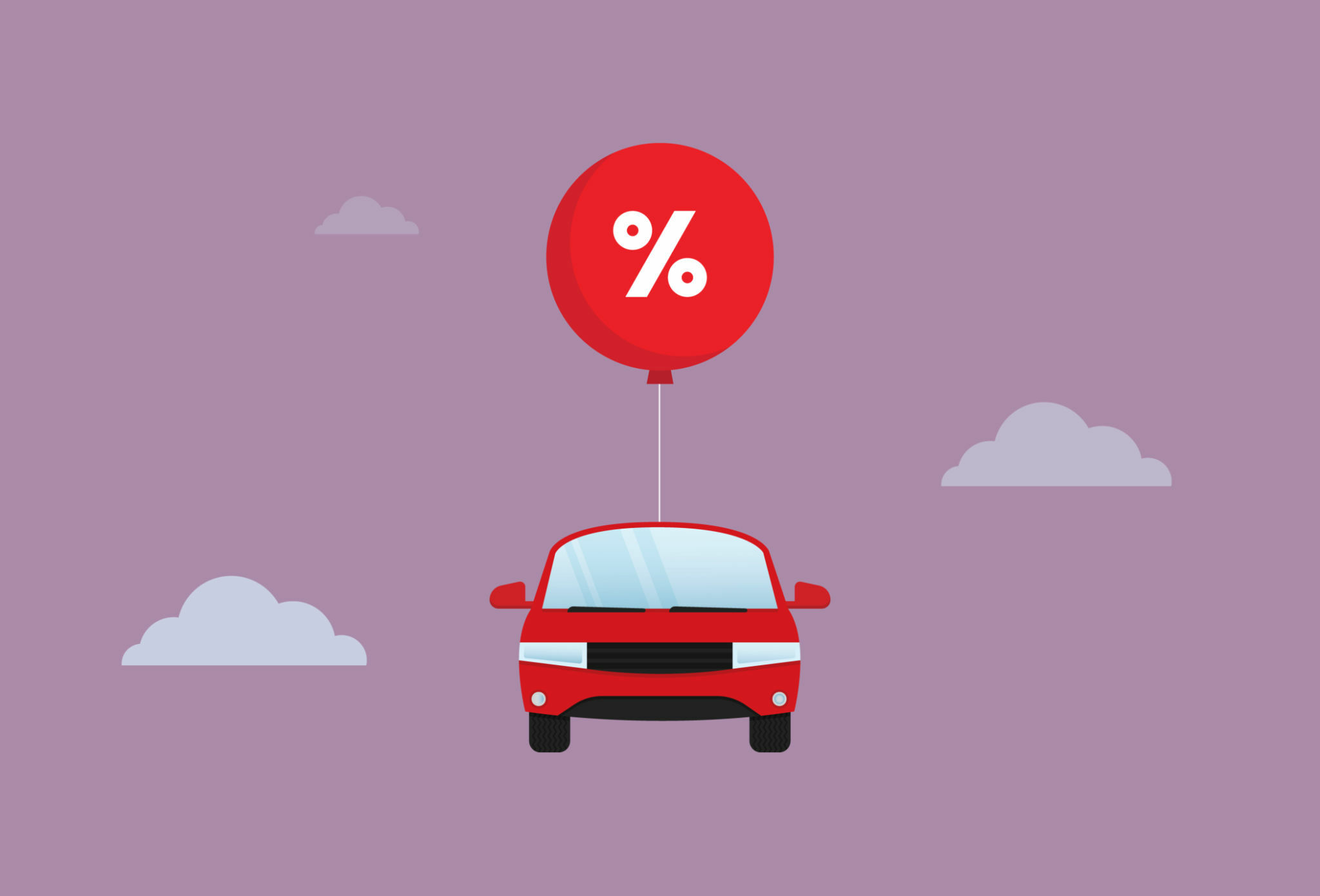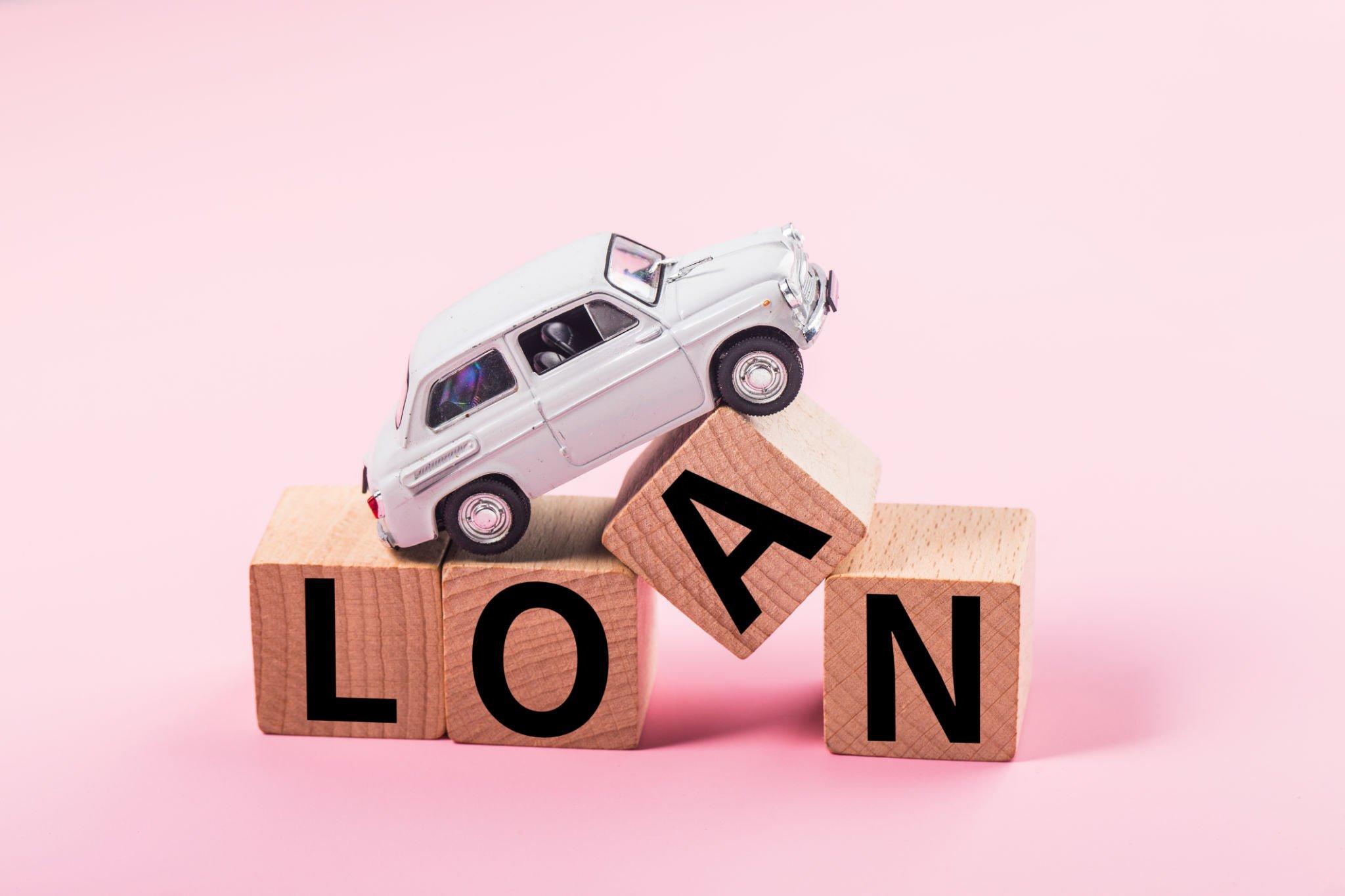
When it comes to financing your dream car, the decision between long-term and short-term car loans is a crucial one. Each option comes with its own set of advantages and disadvantages, and making the right choice can greatly impact your financial well-being. In this comprehensive guide, we will delve into the pros and cons of long-term vs. short-term car loans to help you make an informed decision.
Long-Term Car Loans: The Pros and Cons
Pros
1. Lower Monthly Payments: One of the primary advantages of opting for a long-term car loan is the lower monthly payments. By spreading your payments over an extended period, you can manage your budget more effectively and afford a nicer car.
2. Increased Affordability: Long-term loans often allow you to afford a more expensive car while keeping your monthly budget in check. This can be especially attractive if you’re eyeing a high-end vehicle.
3. Enhanced Financial Flexibility: With lower monthly payments, you can allocate your funds to other essential expenses, such as housing, education, or investments, without feeling a significant financial strain.
4. Better Credit Score Improvement: Consistently making long-term loan payments can boost your credit score, improving your overall financial health.
Cons
1. Higher Overall Interest Costs: While monthly payments are lower, long-term loans accumulate more interest over time. You end up paying significantly more for your car when compared to a short-term loan.
2. Longer Debt Commitment: Committing to a long-term car loan means you’ll be making payments for several years. Life circumstances can change, and this extended commitment may limit your financial flexibility.
3. Risk of Negative Equity: The value of your car may depreciate faster than you can pay down your loan. This can lead to a situation where you owe more on your car than it’s worth, making it challenging to trade in or sell.

Short-Term Car Loans: The Pros and Cons
Pros
1. Lower Overall Interest Costs: Short-term car loans may have higher monthly payments, but they result in significantly lower overall interest costs. You’ll pay off your car faster and save money in the long run.
2. Faster Ownership: With a short-term loan, you’ll own your car outright sooner. This can be advantageous if you plan to keep the car for an extended period without worrying about monthly payments.
3. Reduced Risk of Negative Equity: Short-term loans minimize the risk of owing more than your car’s value. Your car retains its value, and you can easily trade it in or sell it when needed.
Cons
1. Higher Monthly Payments: Short-term loans come with higher monthly payments, which may strain your budget, potentially limiting your choice of vehicles.
2. Limited Financial Flexibility: The higher monthly payments may restrict your ability to allocate funds for other important expenses, leaving less room for financial maneuverability.
3. Potential Impact on Credit Score: While you can pay off your loan faster, the shorter timeframe may provide fewer opportunities to positively impact your credit score.
In conclusion, the choice between long-term and short-term car loans depends on your individual financial situation and preferences. If you prioritize lower monthly payments and financial flexibility, a long-term loan may be the right choice for you. However, if you seek to minimize interest costs and own your car sooner, a short-term loan could be more appealing.
Ultimately, it’s crucial to consider your budget, your long-term financial goals, and the type of car you desire when making this important decision. Always consult with financial experts and carefully read the terms and conditions of the loans offered by lenders to ensure you’re making an informed choice.






